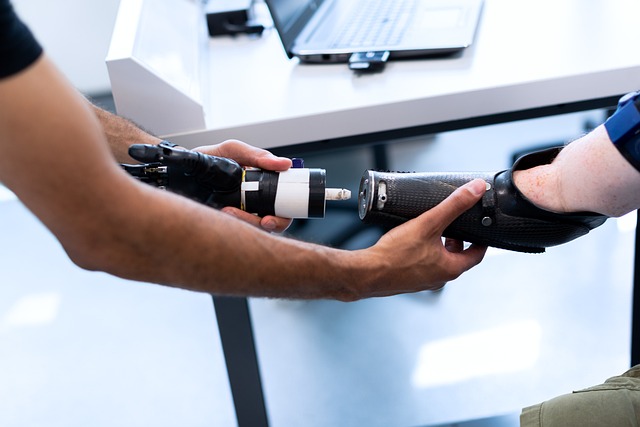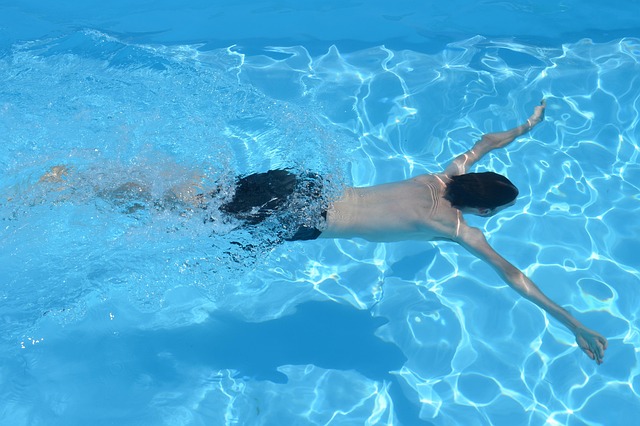Travel & Holidays – FAQ’S

What do I need to tell the airline or travel provider?
- Inform the airline in advance if you need assistance at the airport (wheelchair support, boarding help).
- If you’re carrying a prosthesis, mobility aid, or medical equipment, let them know.
- Some airlines allow you to carry medical equipment free of charge — ask when booking.
Can I travel after an amputation?
Yes. Many amputees travel regularly. Once your doctor confirms you’re fit to travel, you can plan trips just as before — with some extra preparation around mobility, equipment, and medication.
What should I pack in my hand luggage?
- Spare prosthetic liners, socks, or sleeves
- Medication (in original packaging, with prescriptions)
- Wipes and skincare for your residual limb
- A small cushion for comfort
- A copy of your medical letters
How do I manage longer journeys?
- Move around the cabin or stretch regularly to prevent stiffness and swelling.
- If using a wheelchair, plan rest stops on road journeys.
- Keep snacks and water handy to avoid fatigue.
Can I take my wheelchair on the plane?
Yes. Airlines will usually take manual wheelchairs into the cabin or store them in the hold. Power wheelchairs may need special handling due to batteries. Always check requirements with your airline.
Do prosthetics cause problems at airport security?
- Prosthetic limbs and mobility aids may set off alarms. You may be asked to go through a body scanner or have a manual check.
- You can request a private search if you prefer.
- Carry a doctor’s letter explaining your amputation and prosthesis — it can make security smoother.

Travel Insurance - Eligibility & Coverage
- Will travel insurance cover me as an amputee?
Most insurers will cover amputees, but you must declare your amputation as a medical condition. Not declaring can invalidate your policy. - Do I need to declare my amputation as a pre-existing condition?
Even if you are otherwise fit and well, your amputation must be listed when applying for cover. - Will insurers refuse me cover because of my amputation?
No, but some standard insurers may increase the premium or exclude certain claims. Specialist providers are usually more flexible. - What if I have other medical conditions as well as my amputation?
These must also be declared (e.g. diabetes, vascular disease). Premiums may be higher, but you’ll be properly protected.

Medical Care Abroad
- Does the policy cover medical treatment related to my amputation (e.g. skin breakdown, infection, falls)?
Yes, if you declare your amputation. Without declaration, any related claim may be refused. - Will it cover the cost of replacing prosthetic equipment if it’s damaged or lost abroad?
The standard baggage cover is usually too low to replace a prosthesis. You may need specialist insurance that specifically covers prosthetics. - If I need urgent treatment overseas, will insurance cover transport back to the UK?
Yes, most comprehensive policies include emergency medical evacuation if you are too unwell to travel home normally.

Practicalities
- Do I need a doctor’s letter to get cover?
Not usually, unless you’ve had recent surgery or treatment. Some insurers may ask for confirmation that you’re “fit to travel.” - Will I need to provide medical history or proof of prosthetic use?
Usually not, but insurers will ask questions about your health and mobility. Answer honestly. - What happens if I don’t declare my amputation and then need treatment abroad?
Your claim may be rejected, leaving you with a very large bill. Always declare it. - Can I still get annual multi-trip cover, or do I need single-trip insurance?
Yes, you can still get annual cover if your condition is stable. If you’re awaiting surgery or have had recent complications, you may need single-trip cover.

Special Circumstances
- Will I be covered if I take part in sport or activity holidays (skiing, diving, cycling)?
Many policies exclude higher-risk sports unless you add them on. Check if your prosthesis is suitable and safe for the activity. - What happens if I’m already abroad and have an issue with my prosthesis?
Contact your insurer’s 24-hour emergency helpline. They may arrange repairs, replacement, or mobility equipment hire. - Can I get insurance if I’m waiting for surgery or rehab?
Yes, but insurers may exclude claims related to your current condition. Always disclose if you’re awaiting treatment.

Prosthetics & Equipment
- Are prosthetics included under baggage/personal belongings cover?
Sometimes, but often the limit (£1,500–£3,000) is far below the value of a prosthesis. Always check and consider specialist cover. - Is there a maximum claim amount for prosthetics?
Most policies cap claims. Ask your insurer if you can extend cover or add prosthetics as a specified item. - Can I get cover for hiring or replacing mobility aids abroad if mine break?
Some insurers offer “mobility equipment cover” as an add-on. Always ask before you buy.

Costs & Premiums
- Will travel insurance be more expensive for amputees?
It can be, especially if you have related health conditions. Shopping around helps. - Are there specialist insurers who offer better rates for people with disabilities?
Organisations like Fish Insurance, AllClear, and specialist disability travel insurers often provide fairer cover. - Does declaring my condition mean my premiums go up a lot?
It depends on your overall health. If your amputation is stable and you have no major complications, the increase may be small.

Top Tips for Amputees Buying Travel Insurance
- Always declare your amputation and any other conditions.
- Ask specifically about prosthetics and mobility aids cover.
- Carry a doctor’s letter about your amputation and prosthetic needs.
- Compare specialist insurers — they often understand amputees better.
- Keep emergency numbers and your policy details handy when travelling.

Travel Checklist for Amputees
- Medical letters & prescriptions
- Contact details for your limb centre
- Spare liners, socks & skin care items
- Mobility aids or spares (crutches tips, wheelchair parts)
- Accessible accommodation confirmed
- Travel insurance covering medical & equipment

Are hotels and holiday homes accessible?
Not all are. Ask before booking:
- Step-free access to entrances and bathrooms
- Grab rails, wet rooms, or adapted showers
- Bed height suitable for transfers
- Accessible transport nearby
Can I swim or do sports while abroad?
Yes — but check with your prosthetist about water-safe or sport-specific prosthetics. Some amputees prefer to leave prostheses behind for swimming and use crutches or water aids instead.
Where can I find support when travelling?
- Local amputee or disability forums for advice on accessible destinations
- Charities like LimbPower for sport & leisure support
- Travel companies that specialise in accessible holidays
Telephone
03333 606930
Address
Isleham Business Park, Hall Barn Road, Isleham
Cambs CB7 5QZ
hello@steelbone.co.uk
Register here to receive your
FREE Support Pack
If you need some urgent help or support,
please ring the team on 03333 606930
